This policy opens up opportunities for integration, but also requires supervision to ensure transparency.
Opportunities from inspection autonomy
According to Clause 2, Article 39 of the Draft Law on Higher Education (amended), higher education institutions have the right to choose a quality assessment organization, which can be domestic or international. For foreign assessment organizations, the requirement is that they must have international prestige, be recognized to operate in Vietnam and be assessed according to international standards.
Dr. Le Dong Phuong - former Director of the Center for Higher Education Research (Vietnam Institute of Educational Sciences ) commented that giving schools the right to choose their own accreditation unit is a positive point.
He emphasized: “In the context of internationalization, if schools want to reach regional and global standards, it is necessary to invite international accreditation organizations to evaluate training programs. Only then will we have a basis for real comparison with international standards, instead of saying 'meeting international standards' for a long time but not clearly reaching what level.”
Sharing the same view, Dr. Duong Nguyen Quoc - Head of General Education Department, Tay Ninh Department of Education and Training said that this is a progressive policy, in line with the trend of international integration.
According to Mr. Quoc, when given the right to choose, universities have more opportunities to access many different sets of accreditation standards, including advanced international standards. This creates motivation to improve training quality, while increasing competitiveness and transparency in the higher education system.
“Not only does this policy benefit schools, it also has practical implications for learners. The results of the assessment being made public and transparent will be an objective basis for parents and students to refer to when choosing a school or major. Instead of relying solely on promotional information or word of mouth, parents and students can use the assessment results to evaluate the reputation, training quality and level of international standards of each educational institution,” said Dr. Quoc.
According to him, this is an especially important factor in the context of society increasingly paying attention to job outcomes, international study opportunities and the value of degrees.
From the implementation practice, MSc. Mai Chi Tinh - specialist of the Quality Assurance Department, Nguyen Tat Thanh University, said: "In reality, higher education institutions now have the freedom to choose the accreditation unit, which can be domestic or international centers, and are not required to designate a single center. This is a step demonstrating the autonomy of schools in ensuring and improving the quality of training."
Thus, expanding the right to choose an accreditation organization not only creates competitive incentives, but also promotes information transparency and links accountability of higher education institutions to society.
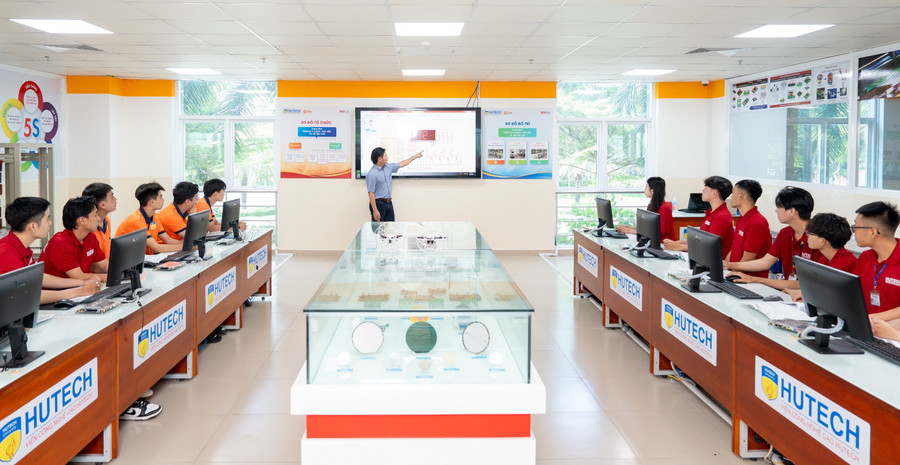
Request transparency
Along with the opportunities, experts also warn of many challenges if there is a lack of a synchronous monitoring mechanism. Dr. Le Dong Phuong commented that risks in inspection are unavoidable, but the level in international organizations is often lower than in domestic units.
He cited that in Vietnam, there are sometimes cases of “failing in one place but passing in another”. On the contrary, international organizations rarely have such secret agreements, because most of the units allowed to operate in Vietnam are reputable. “What is more noteworthy is how they apply the set of inspection standards”, Dr. Phuong emphasized.
According to him, Vietnam's current accreditation system is mainly based on the model of the ASEAN University Network for Quality Assurance (AUN-QA), which focuses more on grading than evaluating the quality improvement efforts of educational institutions. Therefore, if international accreditation organizations enter Vietnam but only operate according to similar standards, it will be difficult to bring many real benefits.
“Prestigious organizations such as HCERES (France) or ASIIN (Germany) with clear international standards will create practical value. This is a point that management agencies need to consider carefully when licensing international inspection organizations to operate in Vietnam,” Dr. Phuong emphasized.
In addition, MSc. Mai Chi Tinh pointed out that the selection of an accreditation organization must go hand in hand with a strict monitoring mechanism to ensure objectivity and transparency. Without a strong enough monitoring system, the risk of discrepancies in assessment results between different centers is inevitable. He said that establishing an effective and objective monitoring mechanism is essential to both improve the quality of accreditation and strengthen the trust of society, parents and learners.
On the sidelines of the international workshop “Implementing the Internal Quality Assurance System - For the sustainable future of ASEAN higher education” held at Ho Chi Minh City University of Economics (UEH) in mid-August 2025, Mr. Huynh Van Chuong - Director of the Department of Quality Management (Ministry of Education and Training) emphasized: In the context of Vietnam amending the Law on Higher Education and many related laws, quality assessment plays a particularly important role, being the “backbone” to ensure the sustainable development of the system.
According to Mr. Chuong, “the spirit of accreditation is to be carried out regularly, continuously improved and in line with international practices. To integrate internationally, we must do a good job of ensuring quality. However, to avoid formality, it is necessary to perfect the institution, overcome shortcomings and make quality culture a regular practice in universities.”
To put the policy into practice, the Director of the Department of Quality Management said that it is necessary to focus on three key tasks: Publicizing inspection data on a digital platform, ensuring transparency and accessibility; Building a stable, well-trained quality assurance team right in educational institutions; Enhancing the role and capacity of the inspection team, while creating conditions for them to participate in international activities.
Currently, many Vietnamese inspectors have joined international inspection teams, opening up opportunities to learn, share experiences and apply them effectively domestically. Mr. Chuong also noted that inspection should not be complicated but should aim for real effectiveness, bringing real value to quality improvement. “Quality is the core of inspection,” he emphasized.
According to him, this is an important step to realize Resolution 57 and the Central Government's major policies on developing high-quality human resources - a key factor for the country to grow strongly in the new period.
Dr. Duong Nguyen Quoc - Head of the General Education Department (Department of Education and Training of Tay Ninh) said that the Ministry of Education and Training needs to issue a unified framework of standards, and only recognize the results of reputable accreditation organizations, avoiding the situation where schools choose "easy" units.
He emphasized that the results of the assessment must be made public on the official information portal for the society, parents and students to monitor. After the assessment, each school needs to develop a specific, feasible improvement plan and monitor it periodically. The policy will only be effective when it is implemented transparently, synchronously and towards real improvement, not just stopping at the assessment title.
Source: https://giaoducthoidai.vn/giao-duc-dai-hoc-tu-chon-kiem-dinh-can-giam-sat-chat-post746336.html



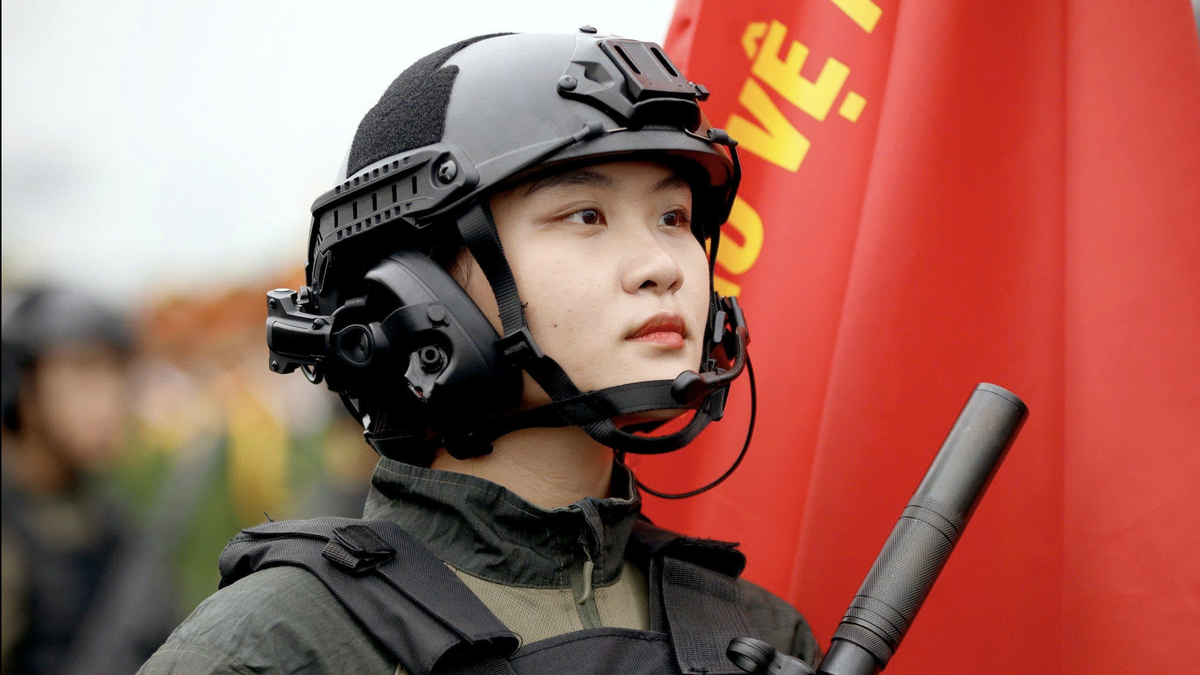

![[Photo] International military delegation participates in rehearsal at Ba Dinh Square](https://vphoto.vietnam.vn/thumb/1200x675/vietnam/resource/IMAGE/2025/8/30/1fe13d6df1534ce8a798fa91962ed487)
![[Photo] Snail noodle dish makes Liuzhou city, China famous](https://vphoto.vietnam.vn/thumb/1200x675/vietnam/resource/IMAGE/2025/8/30/56e738ed891c40cda33e4b85524e30d3)
![[Photo] Hanoians stay up all night waiting for the parade rehearsal on the occasion of the Great Festival](https://vphoto.vietnam.vn/thumb/1200x675/vietnam/resource/IMAGE/2025/8/30/d14625501aee42e28bbd5227a1ff2b11)

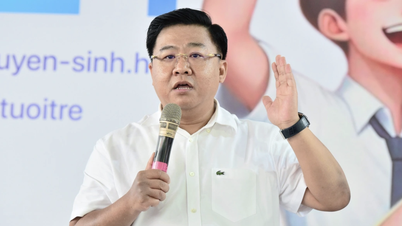





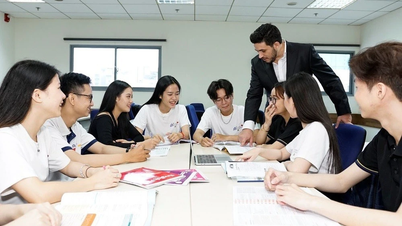
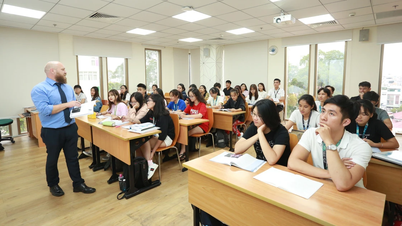


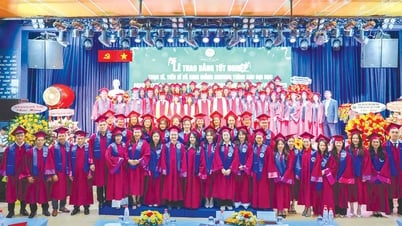





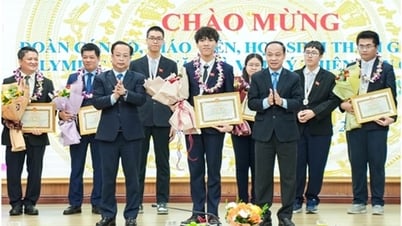

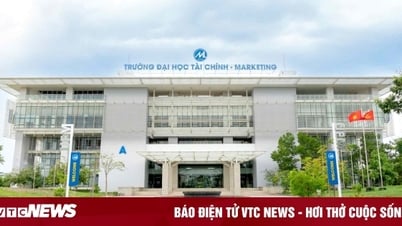




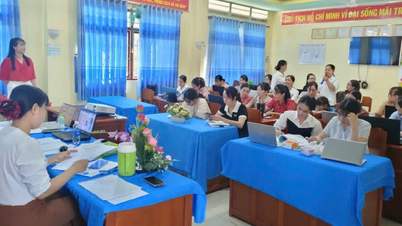
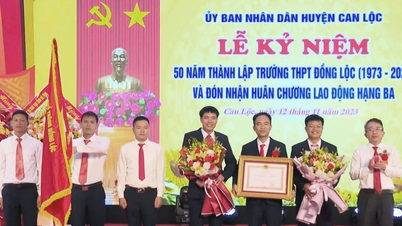
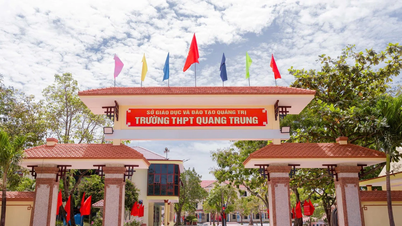

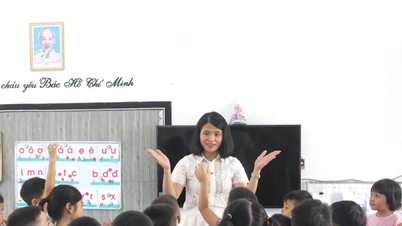














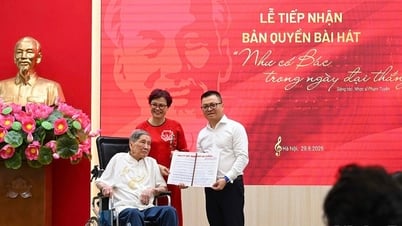



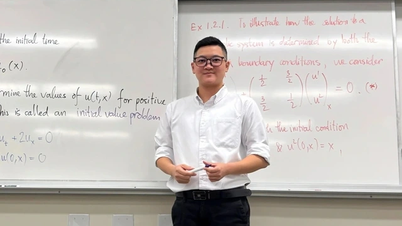
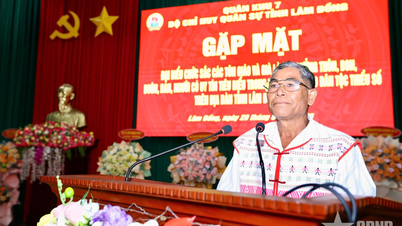





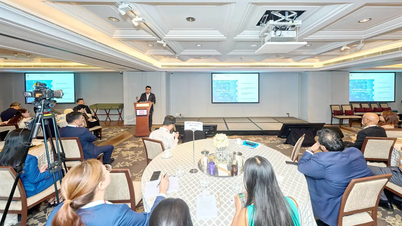
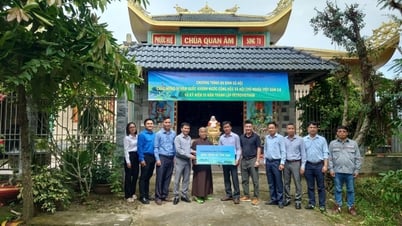

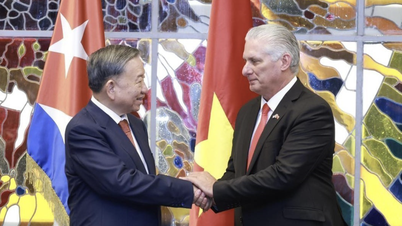

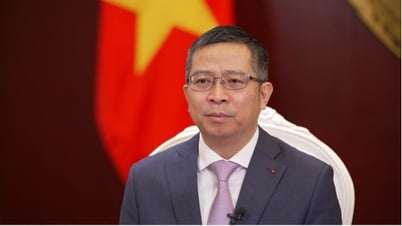






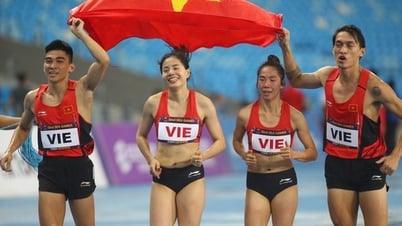


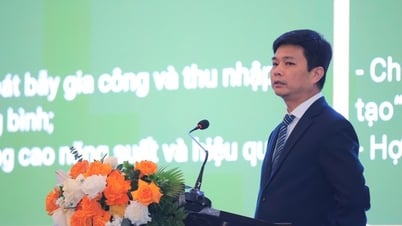

























Comment (0)